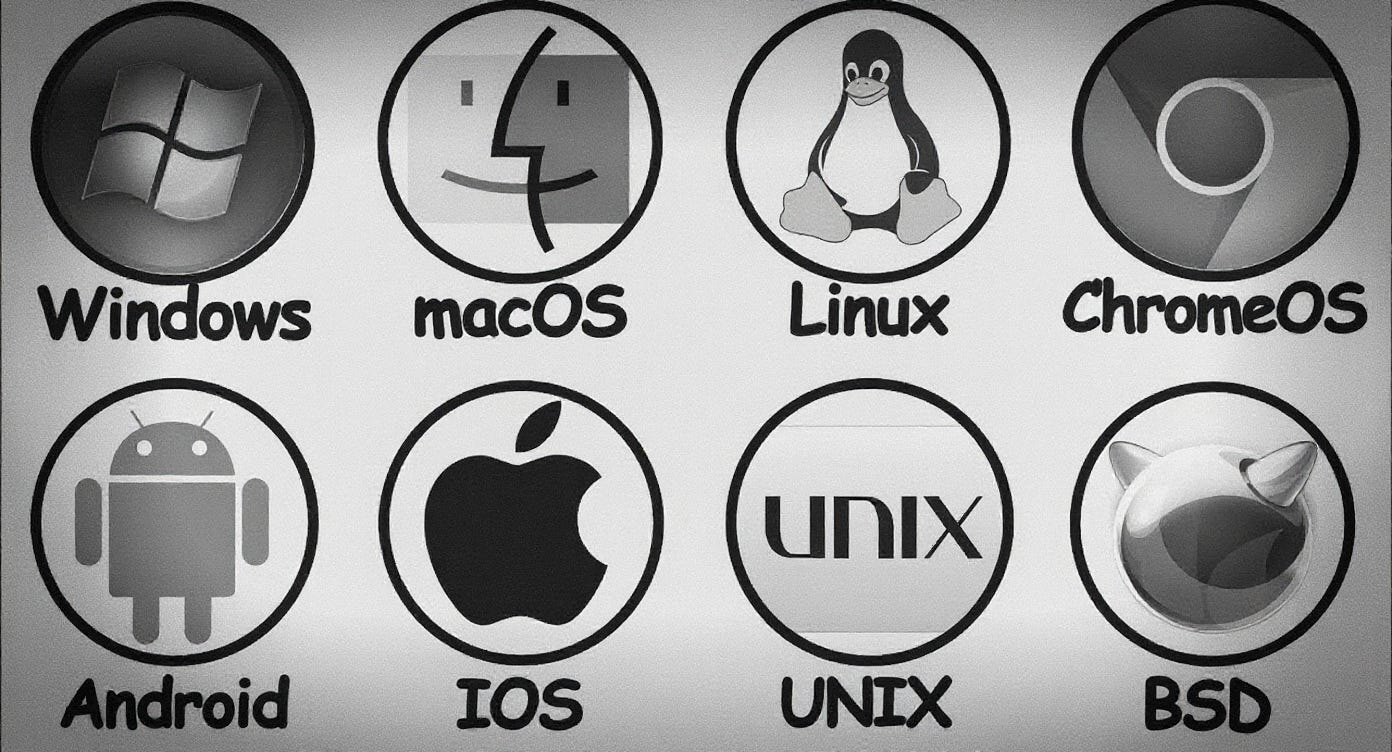🎙️ What is AI OS?
Why we might need a special operating system for AI
When thousands of AI agents begin to act on our behalf, what will be the system they all run on?
Renen Hallak – founder and CEO of VAST Data – believes we’re witnessing the birth of an AI Operating System: a foundational layer that connects data, compute, and policy for the agentic era. In this episode of Inference, we talk about how enterprises are moving from sandboxes and proof-of-concepts to full production agents, why metadata matters more than “big data,” and how the next infrastructure revolution will quietly define who controls intelligence at scale.
Subscribe to our YouTube channel, or listen the interview on Spotify / Apple
We discuss:
What “AI OS” really means – and why the old stack (like Windows, MacOS, Linux etc) can’t handle agentic systems
Why enterprises are underestimating the magnitude (but overestimating the speed) of this shift
The evolving role of data, metadata, and context in intelligent systems
How control, safety, and observability must be baked into infrastructure – not added later
Why Renen says the next 10 years will reshape everything – from jobs to the meaning of money
The ladder of progress: storage → database → data platform → operating system
What first-principles thinking looks like inside a company building for AGI-scale systems
This is a conversation about the architecture of the future – and the fine line between control and creativity when intelligence becomes infrastructure. Watch it now →
This is a free edition. Upgrade if you want to receive our deep dives directly in your inbox. If you want to support us without getting a subscription – do it here.
This transcript is edited by GPT-5. As always – it’s better to watch the full video) ⬇️
Ksenia Se:
Welcome to Inference by Turing Post. Today I’m joined by Renen Hallak, founder and CEO of VAST Data. Let’s jump straight in. Renen, my big question is: when will we shift from experimenting with AI models – what we do now – to living inside environments where thousands of agentic systems act on our behalf?
Renen Hallak:
I think it’s already happening. These shifts always feel slow, and then all at once we realize they’ve happened. Every technology goes through that moment. When Siri first came out on the iPhone, it barely understood anything. A few years later, it suddenly just worked. I think the same thing is happening here – it just takes us a while to notice.
Over the past year, we’ve been involved in hundreds of enterprise projects moving from sandbox experiments to real production workloads with agents. There are still a few steps left before what you described becomes common, but it won’t take more than a few years.
Ksenia:
What do those sandbox environments look like?
Renen:
Usually it’s a small, isolated setup – a team off to the side testing things out, figuring out what works and what doesn’t. They’re trying to get a feel for these new abilities before deciding what’s safe, low-risk, and valuable enough to move into production. Once something checks those boxes, it crosses over. Then another. Then another.
Ksenia:
Given all your work with enterprises, what do they tend to overestimate about agentic systems – and what do they underestimate?
Renen:
They underestimate the magnitude of the change that’s coming, and they overestimate how fast it’ll happen. Looking ten years ahead, I can’t think of a single domain that won’t change drastically. Not just developers or lawyers or customer support roles – but every human pursuit: art, science, physical labor, construction, carpentry. Every field will be deeply augmented by these systems. It’ll take time, but the impact will be universal.
Ksenia:
Did you say ten years?
Renen:
In ten years, the world will be very different from what we have today. We’ll be asking basic questions again – what money means, what the economy looks like, how people spend their time. I don’t think we know the answers yet. Ten years ago it was easy to describe today; right now it’s much harder to predict the next decade.
Ksenia:
That’s interesting, because you started the company in 2016 – a year before the Transformer paper. It didn’t feel easy to imagine today from there. Can you walk me through your path? What changed? What were you solving at the beginning? What contrarian bets felt crazy at the time? Any pivots or turning points you can unpack – since we are talking about a ten-year arc.
Read further here, but better watch the full conversation on YouTube:


